Two-hundred Baha’is have been targeted in Iran in the past three weeks in a crackdown against the community unlike any seen in recent years. Dozens of people have either been arrested and jailed, according to the Baha’i International Community, lost their homes to bulldozers and state confiscation, or have been denied access to university, tagged with electronic ankle bracelets, beaten, hit with huge bail fees or denied medication in prison.
A group of United Nations experts, led by the Special Rapporteurs on the human rights situation in Iran, freedom of religion or belief, and on minority issues, Javaid Rahman, Nazila Ghanea and Fernand de Varennes, called on 22 August for the Iranian authorities to end the persecution and harassment of religious minorities and the use of religion to deny fundamental rights.
“We are deeply concerned at the increasing arbitrary arrests, and on occasions, enforced disappearances of members of the Baha’i faith and the destruction or confiscation of their properties, in what bears all the signs of a policy of systematic persecution,” the experts said, adding that the crackdown was part of a policy against religious minorities.
The most disturbing news emerged on 2 August when around 200 Iranian security agents entered the village of Roshankouh, in Mazandaran province, northern Iran, where heavy machinery proceeded to destroy six homes owned by Baha’is.
Pepper spray was reportedly used to disperse people and gunshots were heard during the operation. Roads into and out of the village were blocked, while those who tried to challenge the agents was arrested and handcuffed. Agents confiscated the mobile devices of those present and prohibited filming and neighbors were warned to stay in their homes.
Despite the agents’ attempts to stop any filming, however, dramatic footage emerged online showing the Baha’i-owned houses being destroyed and dispossessed families standing on the rubble of their former homes.
But the crackdown had already begun two days earlier, on 31 July, even after several dozen arrests, arraignments and imprisonments of Baha’is had already occurred in June and July, in particular in Shiraz, as reported by IranWire, when intelligence agents raided a number of locations and arrested 13 Baha’is.
IranWire reported at the time that security forces descended on the homes of scores of Baha’i citizens in the cities of Tehran, Karaj, Mashhad, Shiraz, Qazvin, Sari and Gorgan, searching and seizing personal items such as mobile phones and laptops.
Three of those arrested were Mahvash Sabet, Fariba Kamalabadi and Afif Naeimi, members of a now-defunct informal group providing pastoral care within the Baha’i community, known as the “Yaran” or “Friends” of Iran. All three – and four other former members of the Yaran – had spent a previous decade in prison before their 2018 release.
Sabet, who wrote poetry in prison which was published in English, was awarded the 2017 International Writer of Courage award by the freedom of expression group English PEN. And on 15 August PEN International called for Sabet’s “immediate and unconditional release”.
Iran’s Ministry of Intelligence also released a statement, on the same day, in which it confirmed the arrests but gave surreal conspiracy theories in an attempt to justify the actions.
The statement described the detainees as members of “the Baha’i espionage party”, accusing them of both “spying for Israel” and “the organized promotion of no hijab”.
The arrested were also “propagating the teachings of the fabricated Baha’i colonialism” and “infiltrat[ing] the educational system at different levels, especially at the pre-school level, across the country”, the statement said.
No evidence for any of these claims was presented by the Ministry and they followed decades of hate speech and official propaganda against the Baha’i community. A BIC representative, in a statement,, said the allegations were “baseless” and “utterly incoherent and self-contradictory … Iran’s authorities, rather than dealing with the challenges of their country, instead direct their attacks on innocents and try to stoke religious hatred”.
The Baha’i International Community (BIC) also published a report, on 19 August, in which it said that on 31 July, at the same time that the Iranian government was accusing the Baha’is of spreading propaganda, intelligence agents themselves sought to incriminate the Baha’is by staging a video production, filmed in a kindergarten, to produce footage that would show Baha'is teaching their religion in educational establishments.
But Iran’s renewed zeal for persecuting Baha’is – Iran’s largest non-Muslim religious minority, where they have been systematically targeted by the government since the 1979 Islamic Revolution, when more than 200 were executed – provoked a wave of condemnation from almost every corner of the world. IranWire also spoke to an historian, Moojan Momen, who said the persecution was intended to “cleanse” the Baha’is from Iran.
Joining the UN’s call was Amnesty International, which urged Iran to “stop ruthless attacks on [the] persecuted Baha’i religious minority” and launched an urgent action for its network to write to Iranian officials, and Human Rights Watch, which said that “Iranian authorities should immediately end their campaign of harassment and targeting of Baha'is and release all those who have been detained for their faith”.
Leading the charge were thousands of Iranians – outside the country, but also within Iran – whose support for the plight of the Baha’is has become overwhelming in the past few years.
A Twitter storm on 3 August, launched by the Tehran-based activist Arash Sadeghi with the hashtags #BahaisUnderMassiveAttack and, in Persian, #BeingBahaiIsNotACrime, trended for 24 hours on Persian-language Twitter and topped the charts at various points. Sadeghi also demanded that hate propaganda against Baha’is come to an end.
Shirin Ebadi, the Nobel Peace Prize laureate and human rights lawyer, and Mehrangiz Kar, an acclaimed Iranian human rights activist and lawyer, posted formal statements of support on Instagram. The historian Abbas Milani said on Twitter that, from the beginning of the Baha’i Faith, what he called “the malignant hatred against the Baha’is, and their slaughter,” has been rooted in religious prejudice.
And Seyyed Mohammad Ali Ayyazi, an Iranian Shia cleric, asked “What religious framework justifies demolishing the houses of Baha’is? ... We are now witnessing oppression against citizens who are already deprived of their basic rights.” IranWire also previously reported on Vahid Heroabadi, another cleric in Iran, who spoke out regarding the Baha’is.
Dozens of other Iranian public figures – and thousands of individuals online – added their voices of support during the Twitter storm at at later times. Officials from governments and human rights organizations and activists also joined the condemnation of Iran’s actions and the global wave of support for the Iranian Baha’i community.
Rashad Hussain, the United States (US) Ambassador-at-Large for Religious Freedom, said that “Iran must honor its international obligations to respect the freedom of religion or belief of all Iranians and immediately end its escalating campaign of raids, arrests, and unjust imprisonment” of Baha’is.
The State Department’s division on Democracy, Human Rights and Labor called on Iran to “respect the rights of all to Freedom of Religion or Belief” in a tweet that was retweeted by Under Secretary of State Uzra Zeya.
The US Commission on International Religious Freedom (USCIRF) also “condemned the Iranian government’s increased crackdown on religious minorities in the country,” in a statement, which specified the persecution of “scores of Baha’is.”
“Iran’s government cannot create stability and security by targeting vulnerable religious minorities and peaceful dissenters, yet it continues these appalling violations of religious freedom,” said USCIRF Commissioner Sharon Kleinbaum.
And Congressman Ted Deutch urged the US legislature to pass his bill which “condemns Iran’s persecution of Baha’is and urges the President and Secretary of State to impose sanctions on Iranians directly responsible for serious human rights abuses, including abuses committed against Baha’is”.
Luxembourg’s Minister of Foreign Affairs, Jean Asselborn, called on Iran “to uphold its obligations to respect human rights and eliminate all discrimination”.
The UK’s Lord Ahmed of Wimbledon, the government minister for human rights and freedom of religion and belief, said the UK was “deeply concerned” by the arrests, destructions of homes and confiscation of property, and by the targeting of the former members of the Yaran. “The persecution of religious minorities cannot be tolerated in 2022,” he said.
And Fiona Bruce MP, the UK’s freedom of religion or belief special envoy, said that Article 18 of the Universal Declaration of Human Rights was “clear” and that the right to practice and manifest beliefs “should be protected for everyone, everywhere”.
Global Affairs Canada’s Office of Human Rights, Freedoms and Inclusion tweeted its concern over the “systematic campaign to suppress and persecute Baha’is,” adding that “Iran must uphold international and domestic obligations to respect human rights and to eliminate all discrimination, including on the basis of religion or belief”.
Germany’s freedom of religion or belief envoy, Frank Schwabe, said on Twitter that Baha’is had been arrested on “absurd charges … those imprisoned must be released”.
The Anti-Defamation League said in a statement that Iran had demonstrated an “ongoing brutality” against Iranian Baha’is who have “long been slandered and persecuted by the Iranian regime.” And the Raoul Wallenberg Centre, in Canada, said recent events were “a looking glass into the Iranian regime’s long-standing pattern of hate and persecution against the Baha’is in Iran” which had “continued unabated” in a “culture of impunity, wherein no one has ever been arrested or prosecuted for such crimes”.
Major media outlets also brought the situation to renewed attention.
The New York Times said the persecutions were a “sweeping crackdown” and the Associated Press reported, in response to the Ministry of Intelligence statement on 31 July, that “Iran offered no evidence to support the allegations of the Baha’i doing anything illegal”.
A report in the Toronto Star linked the crackdown to the denial of higher education to Baha’is in Iran and the recent disappearance of a remote-learning Iranian Baha’i student.
Agence-France Presse called the situation a “new peak” and reported that Baha’is “say the tenets of the faith encourage a non-confrontational approach known as ‘constructive resilience’ and insist the Baha’is of Iran want to work for the good of the country and not against its leadership”.
Coverage appeared on the BBC during several broadcasts, in the UK’s Times and Telegraph, twice (article 1, article 2) in Germany’s Deutsche Welle, the Jerusalem Post, the New Arab, twice in the Times of Israel (article 1, article 2) and in the Indian Express. The French newspaper Le Figaro covered the situation and Le Monde reported the latest persecutions in the context of Iran’s efforts to make a nuclear deal with western countries.
visit the accountability section
In this section of Iran Wire, you can contact the officials and launch your campaign for various problems






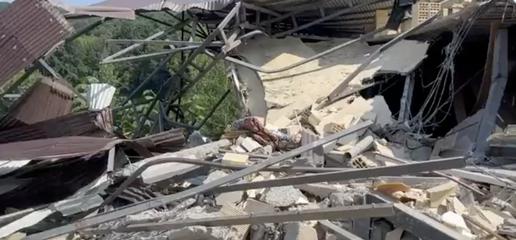
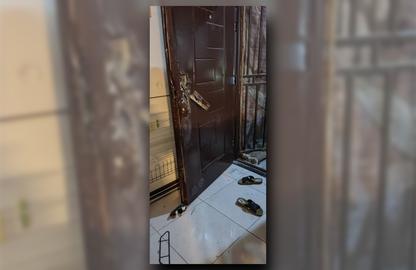
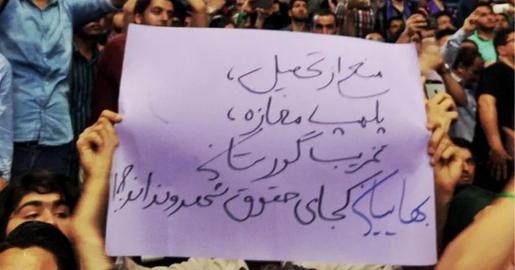
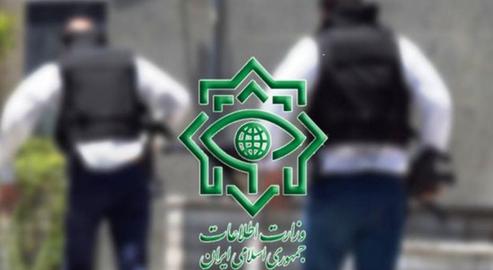

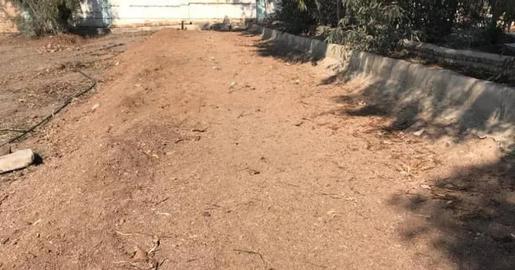
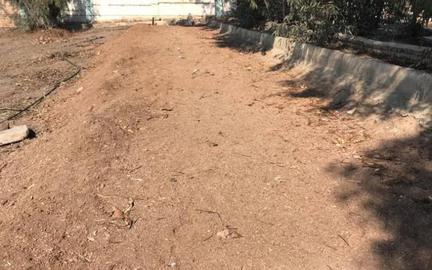

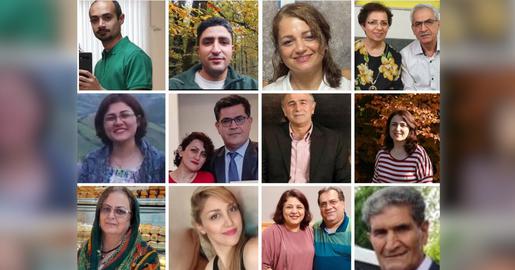
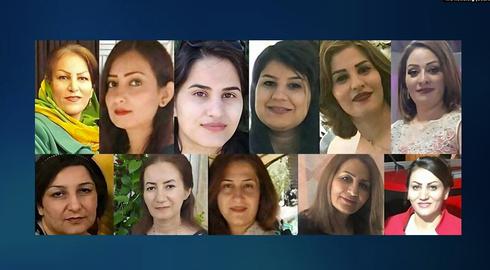
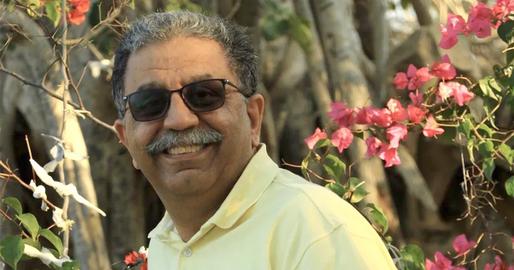



comments